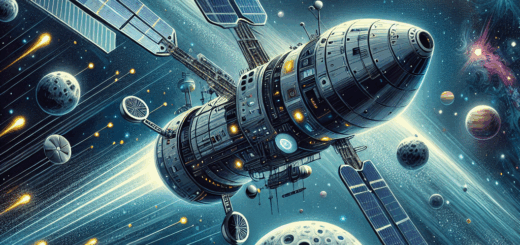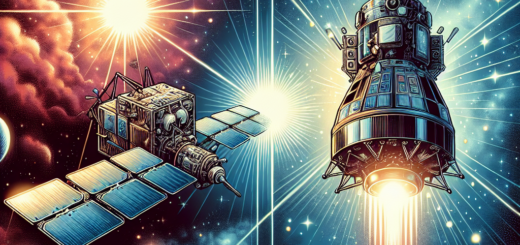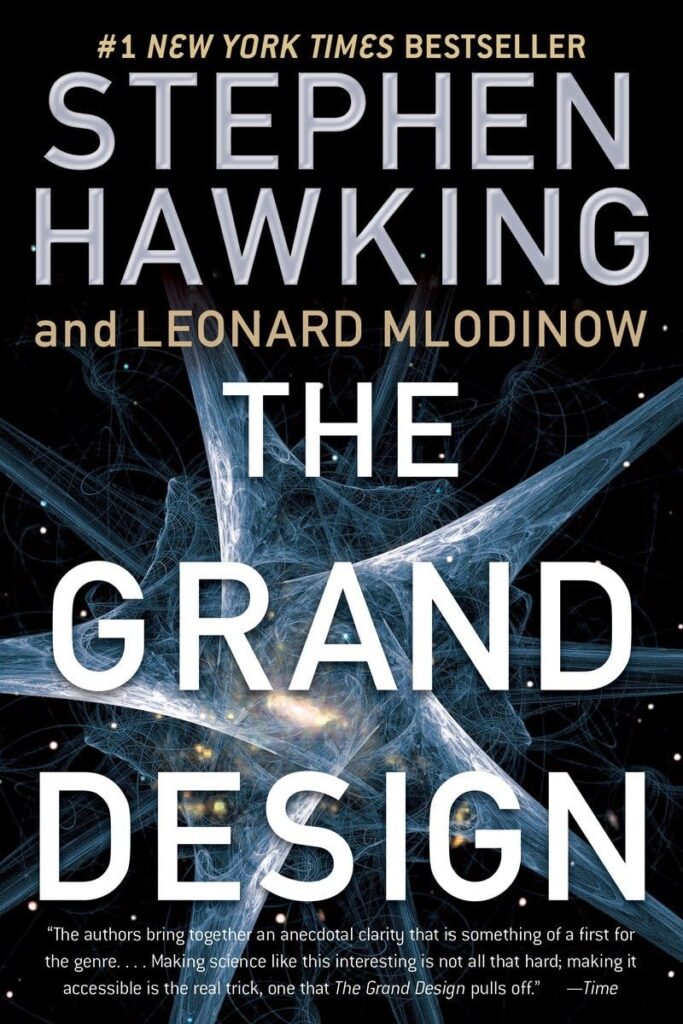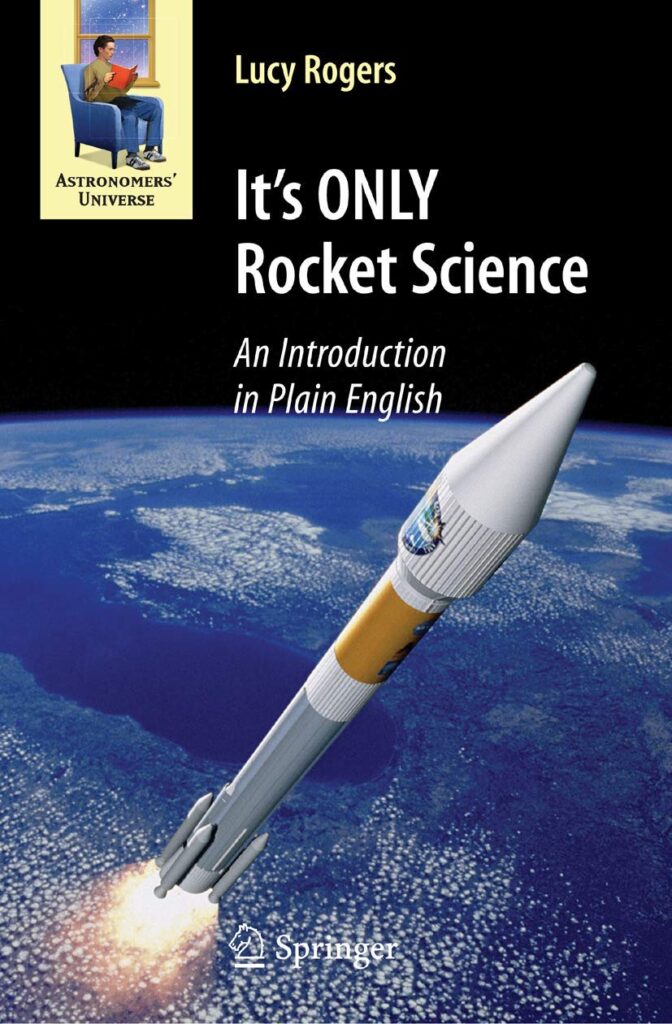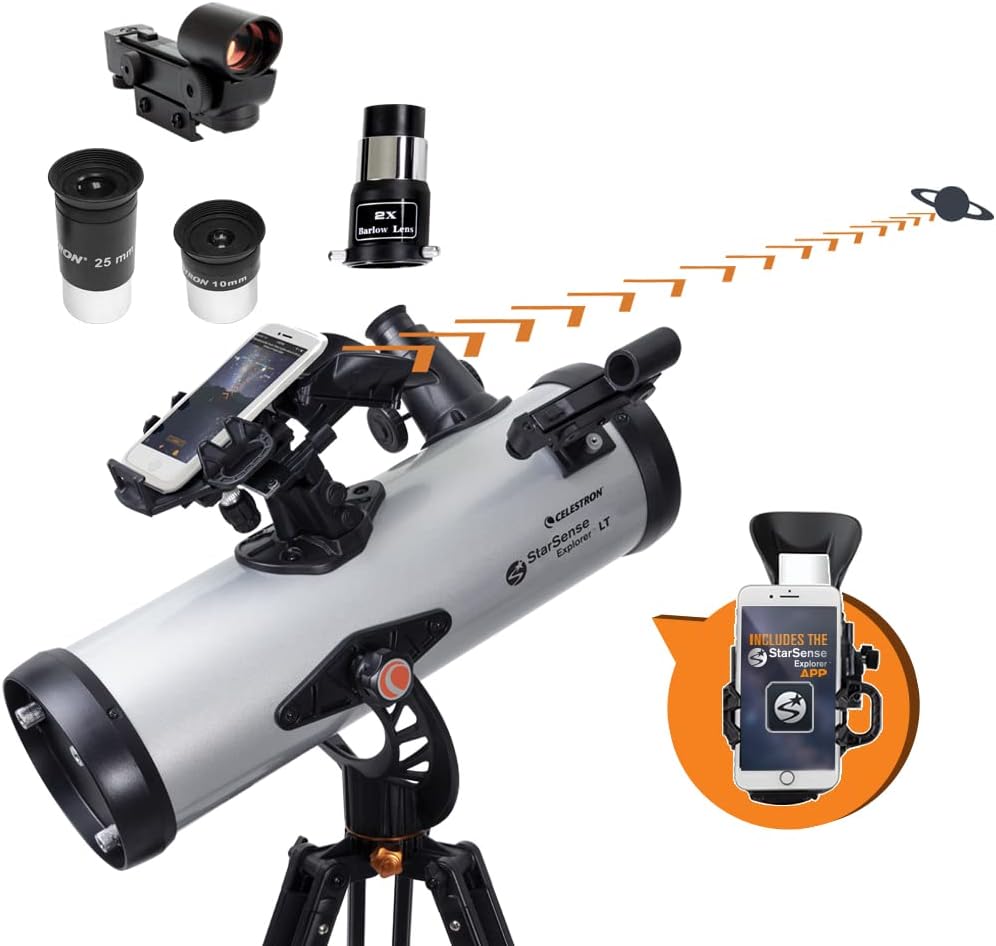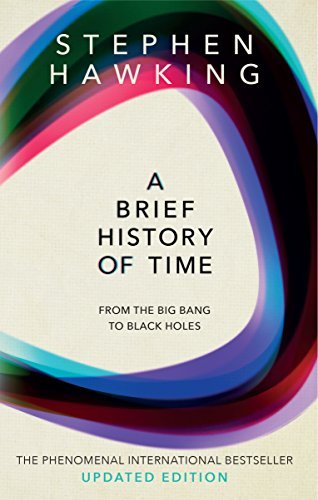Exploring the Universe: The Ongoing Quest for Knowledge in Space Exploration
The universe is vast and mysterious, filled with billions of stars, galaxies, and other celestial objects that have captivated humanity for centuries. From the ancient civilizations that gazed up at the night sky in wonder to the modern-day space explorers who venture beyond our planet, the quest to understand the universe has driven technological advancements and pushed the boundaries of human knowledge.
Space exploration has come a long way since the first artificial satellite, Sputnik, was launched into orbit in 1957. Since then, humans have landed on the moon, sent rovers to Mars, and even explored the outer reaches of our solar system. But the quest for knowledge in space exploration is far from over. Scientists and researchers continue to push the limits of technology and innovation in order to unlock the secrets of the universe.
One of the most exciting discoveries in recent years has been the detection of exoplanets – planets that orbit stars outside of our solar system. These distant worlds offer tantalizing clues about the potential for life beyond Earth and have sparked a new wave of research into the possibilities of extraterrestrial life. The James Webb Space Telescope, set to launch in 2021, will further expand our understanding of exoplanets and help astronomers to study their atmospheres and potential habitability.
Another key area of exploration is the search for dark matter and dark energy – two mysterious substances that make up the vast majority of the universe. While we cannot see or detect these substances directly, their presence is inferred through their gravitational effects on visible matter. Understanding dark matter and dark energy is essential to unraveling the mysteries of the universe and could provide insights into the ultimate fate of the cosmos.
Advancements in technology have also enabled scientists to study the universe on an ever larger scale. The Large Hadron Collider, located in Switzerland, allows researchers to recreate the conditions of the early universe and study the fundamental particles that make up matter. The Event Horizon Telescope, a global network of radio telescopes, captured the first-ever image of a black hole in 2019, providing a groundbreaking glimpse into one of the most enigmatic objects in the universe.
As we continue to explore the universe, it is clear that there is still much to learn and discover. From the mysteries of black holes to the search for life on other planets, space exploration offers endless possibilities for scientific exploration and discovery. By pushing the boundaries of technology and innovation, we can continue to unlock the secrets of the universe and expand our understanding of the cosmos. The ongoing quest for knowledge in space exploration is a testament to the human spirit of curiosity and exploration, and it promises to inspire generations of future explorers to come.

